
The Wealth and Poverty of Nations
Why Some Are So Rich and Some So Poor
Read or listen offline
Amazon KindleRecommendation
David S. Landes has written an extraordinary economic history that will open your eyes about countries’ economic flops and good fortune. He also covers what makes a country achieve - and keep - great economic success. The book will appeal not only to economic history buffs, but also to the average person who needs to know how to keep a company or a country from economic trouble. Not to mention, he offers lots of great cocktail party anecdotes to impress your friends. Landes builds on solid economic data, but his unusual factual nuggets and vivid commentary are what make the book such a pleasure to read. In an age where politicians seek to make sure America stays economically relevant amid huge trade friction, getAbstract.com believes this book is a must-read for not just the chief executive officer, but for the rank-and-file workers who want to make sure they will be winners, not losers, in international trade. Landes has cooked up a great feast of economic history. Come, draw up a chair to the table and partake of this rich bounty.
Summary
About the Author
David S. Landes is professor emeritus at Harvard University. His previous books include Bankers and Pashas, The Unbound Prometheus and Revolution in Time.









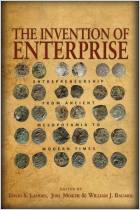
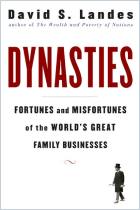
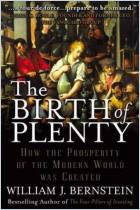
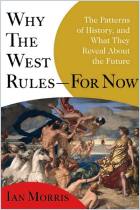
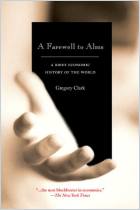
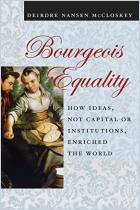
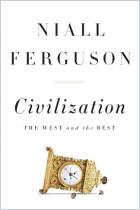
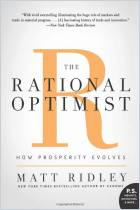





Comment on this summary or Iniciar a Discussão